No rows to show
Farming against prostitution
Support this project with your donation!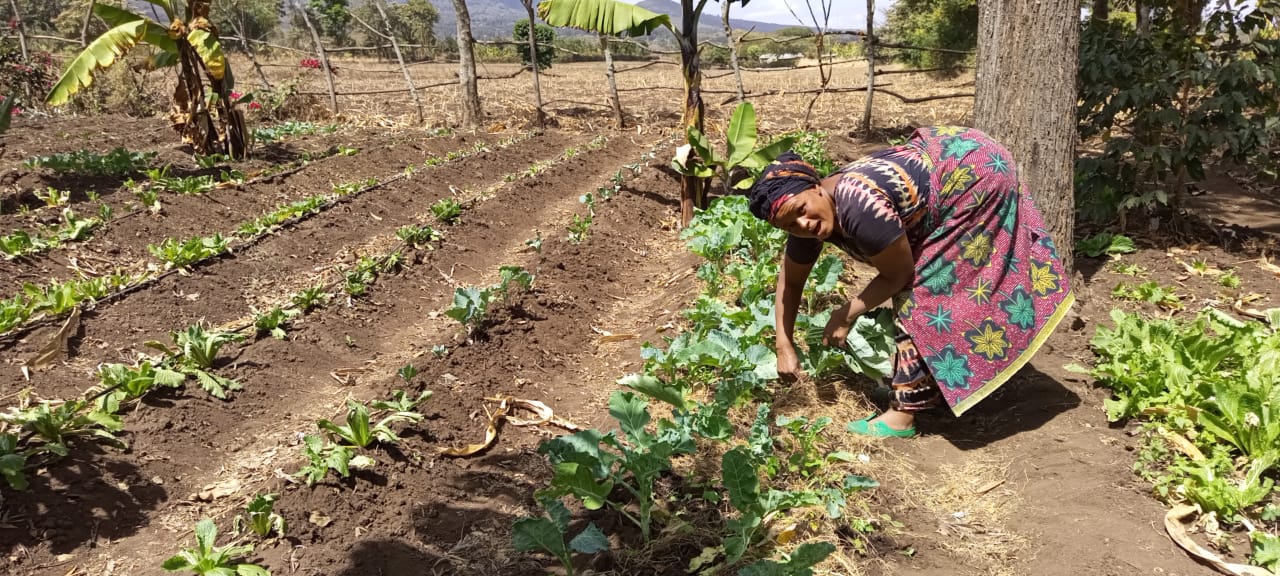



Pilot project for 25 widows
We enable 25 widows from Ngarashi village to grow vegetables on their own land and thus create a food basis for themselves.
They learn to plant fields, grow vegetables and supply the plants with water independently of the climate. For this purpose, plastic water tanks with a total capacity of 10,000 litres are purchased. Water hoses run from these tanks to the fields, which supply the plants regularly through drip irrigation. This type of irrigation has already proven itself and promises a good yield.
Preservation of food:
As part of the project, they also learn how to preserve food. For example, the vegetables can be boiled down, fermented or preserved as juice. This ensures the supply of sufficient nutrients even in the winter months when harvests are scarce.
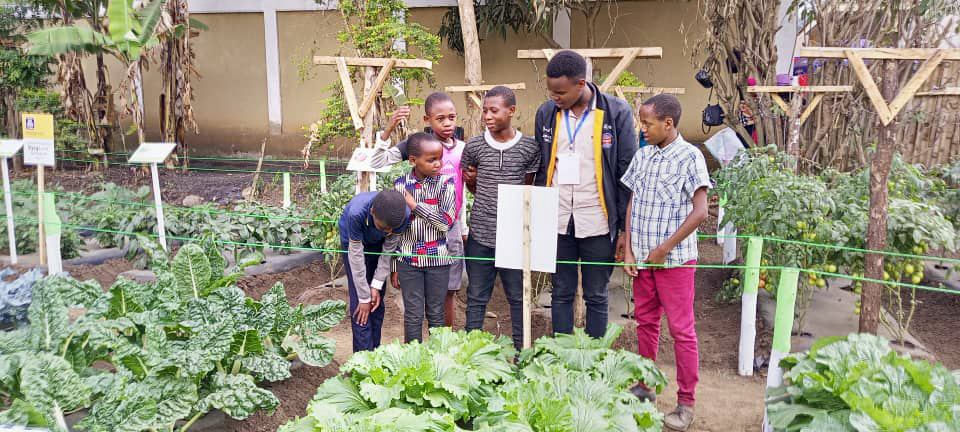
Home consumption: Each family will have enough to eat throughout the year.
Sale: There is also the possibility of selling the vegetables fresh or preserved. The income generated helps to significantly improve their living conditions.
Direct sales: Sales take place in their own village or at nearby places.
Other sales opportunities: The widows can also tap into other sales opportunities, such as weekly markets, hotels, schools, supermarkets, etc. This requires a means of transport such as a “ghutta”. This is a motorbike with a loading area, which is well suited to pass the roads that are difficult to drive on.
Full and safe to school
What a feeling it is to finally feed one’s own family well – with vegetables grown on one’s own field, produced independently, independent of third parties.
Moreover, thanks to their income, the widows manage to finance their children’s meals at school.
To make the long walk to school easier, the children could be driven by cargo bike.
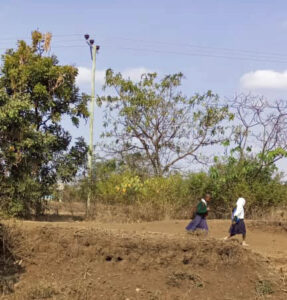
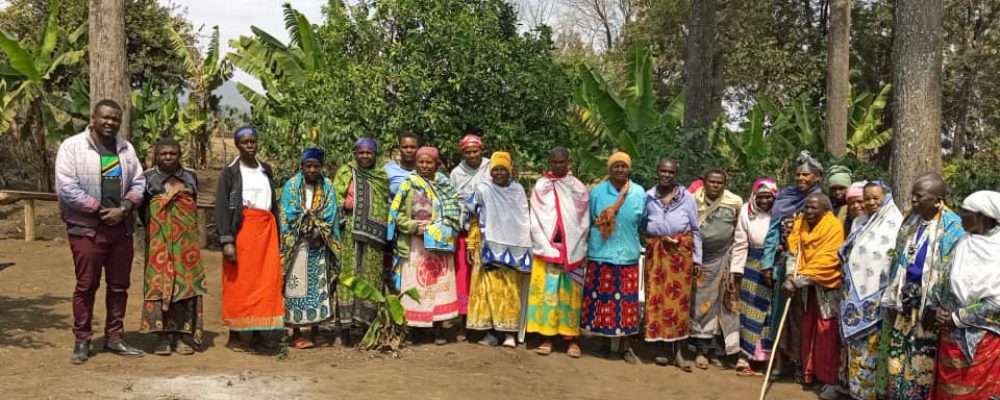
Pilot project: This project is a pilot project. We are starting it with this group of 25 widows because they have already proven in the past that they are ready for development and change. Their commitment and open-mindedness convinced us. .
“Women help women” First, they gather their own experience. Then they will act as multipliers and train women in other villages in “farming”. “Women helping women!”
Thus, this project is the impetus for an avalanche that expresses and supports the independence of Tanzanian women. A “vegetable garden” as a symbol for the changes in the Tanzanian social structure.
Farming against prostitution ?
Education is the key – the key to further development and positive change in a society. But how does this fit into the castle of a culture like that in Tanzania, where the division of roles between men, women and children is firmly anchored in tradition?
Men are considered the head of the family and decide everything. Most of them have several wives who each have between 4 and 8 children.
Everyday life is on the backs of the women. They are the ones who do the work and take care of the children. And yet they are subservient to the man.
However, this fragile construct collapses when the man dies. Tradition demands that responsibility for all family members, including children, children-in-law and grandchildren, passes to the widow. This means that this one woman takes care of an average of 15-20 family members. For example, she has to provide meals and schooling for the children.
Schooling is considered a privilege that every child dreams of.
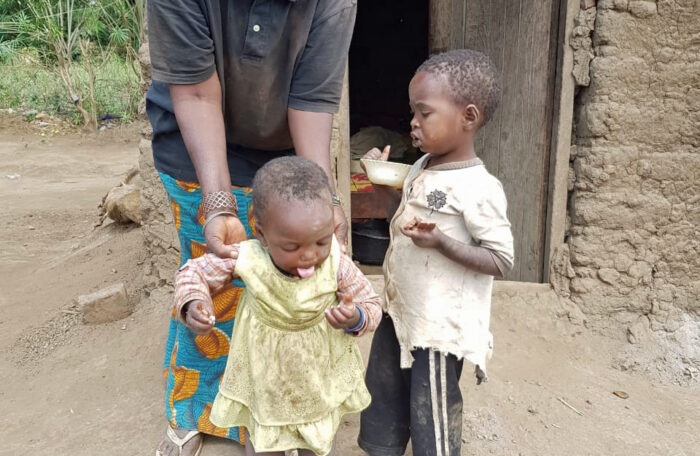
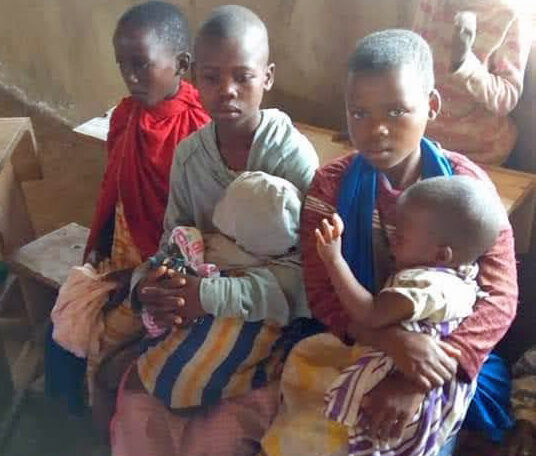
But how does schooling fit into the everyday lives of these children?
School starts at 9 am. But the children are up long before that. After a meagre breakfast, they have to feed the animals and provide them with water. After that, they have to walk between one and a half and two hours to school. Before classes begin, classrooms and school grounds are cleaned.
All this work makes you hungry. But what should the children eat? They are not allowed to bring their own food to school. Those who have the money can take part in the school lunch. But this is only possible for a few. Children without the financial means stay hungry, can no longer concentrate on lessons and start the long journey home after school with a growling stomach. There, work is waiting again. Whether there will be anything to eat remains uncertain. It depends on whether the mother is financially able to provide food. This wheel turns every day.
However, school education is the prerequisite to start a better life for themselves.
What is the price? - The "helpful men
On the long arduous way to school, “helpful men” meet the girls and offer to give them a lift on their motorbike to make the way to school easier. Or they offer them something to eat, like some chips against the strong hunger. But this has its price!
The consequences of prostitution are unwanted pregnancies, dropping out of school, hiding out of shame and/or HIV infections. There are free medicines for this, but they can only be taken with food.
With your donation, you help to finally break this cycle. In this way, together we can create future perspectives for the next generations. Thank you very much! Asante sana!
